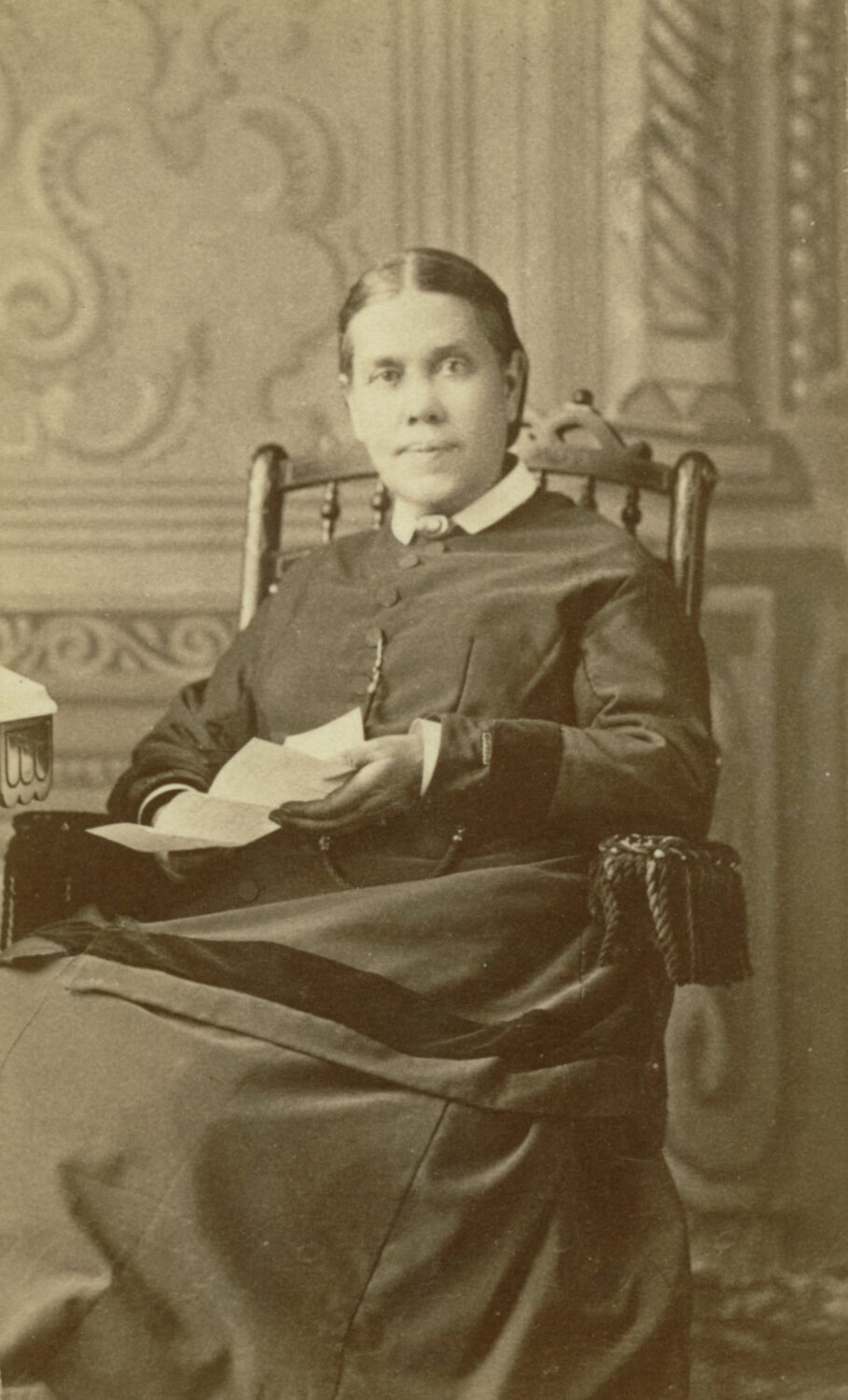Ellen G. White (1827-1915) for the Seventh-day Adventist Church is a very special person. Along with Joseph Bates and her husband James White, she co-founded the religious movement formed in 1863 into the General Conference of Seventh-day Adventists.
A religious leader, prolific writer, social reformer, as well as a wife and mother of a family, her multifaceted influence was felt far beyond denominational boundaries. In 2014, Smithsonian Magazine included it in its list of “
100 most influential Americans of all time
“.
For Seventh-day Adventists Ellen G. White is a special person because in her they recognize the manifestation of the prophetic gift. In the fundamental doctrines of Seventh-day Adventists, no. 18 is dedicated to her:
“The Scriptures testify that one of the gifts of the Holy Spirit is prophecy. This gift is a sign that identifies the remnant church and was manifested in the ministry of Ellen G. White. His writings speak with prophetic authority and offer encouragement, guidance, instruction and correction to the church. They also clearly state that the Bible is the standard by which all teaching and experience must be tested (Num. 12:6; 2 Chron. 20:20; Amos 3:7; Joel 2:28, 29; Acts 2:14-21; 2 Tim. 3:16, 17; Heb. 1:1-3; Rev. 12:17; 19:10; 22:8, 9).”
After her death, a foundation was created, the
Ellen G. White® Estate
, on whose website the complete works of Ellen G. White can be consulted online in the original language and, at least for the works translated so far, in many other languages, including Italian.
To further promote awareness of Ellen G. White’s work and writings, study centers dedicated to her have been established in various regions of the world (Branch Offices, Research Centers, Study Centers).
In particular, an Ellen G. White Study Center, officially recognized by the Ellen G. White® Estate, has been established at the Adventist Institute for Biblical Culture. It has a wide selection of Ellen G. White’s published works in English, Italian and other languages. These works are integrated within the
library catalog
ofthe Institute and are searchable; researchers who are interested in them can
contact the librarian
.
